The rise and life-changing impact of social media cancer activism
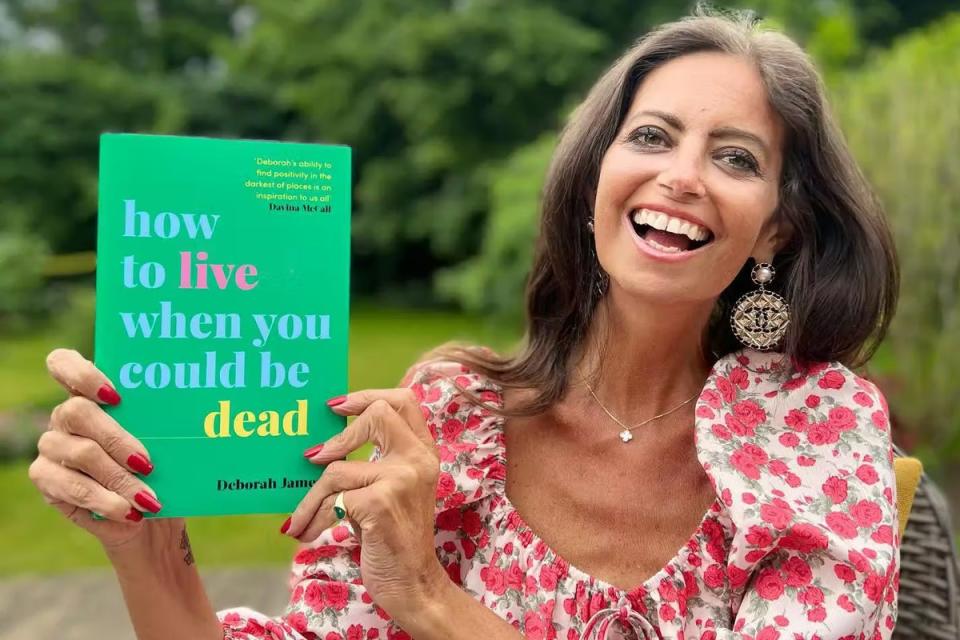
It was on May 9th that the late podcaster Deborah James announced she had set up the Bowelbabe fund to raise money for cancer charities and encouraged us to support her by ‘buying me a drink’. Her target was £250,000. A few weeks on, donations are ticking towards the £7 million mark.
It’s a remarkable achievement and one that earned James, who had been raising awareness around bowel cancer since her terminal diagnosis in 2016, a damehood - but our willingness to answer her call is also a testament to the power of cancer activism in Britain in 2022.
Breast cancer was arguably the first form of the disease to go mainstream in the 1990s, with the famous pink ribbon coming to symbolise what so many people still found hard to discuss. The pivotal moment, perhaps, in turning up the volume came in 2009 with the death of Big Brother star Jade Goody to cervical cancer. In a world where social media and smartphones were in their infancy, the reality star managed to share her story with millions - she was even given her diagnosis in the diary room of Big Brother India. "I’ve lived in front of the cameras. And maybe I’ll die in front of them," she famously said.
NHS figures after her death showed that the numbers of women aged 25-64 booking smear tests had risen by almost half a million between 2008/9 (today they are at a record low, with one in three women not taking up their invite). Many credited Jade with saving their lives. “The ‘Jade Goody Effect’ is still talked about today. It was such a penny drop moment of ‘oh cancer does affect younger people, and not someone who typically looks like they might have cancer’,” says Athena Lamnisos, chief executive of cervical cancer charity the Eve Appeal. “Women related to her story.”
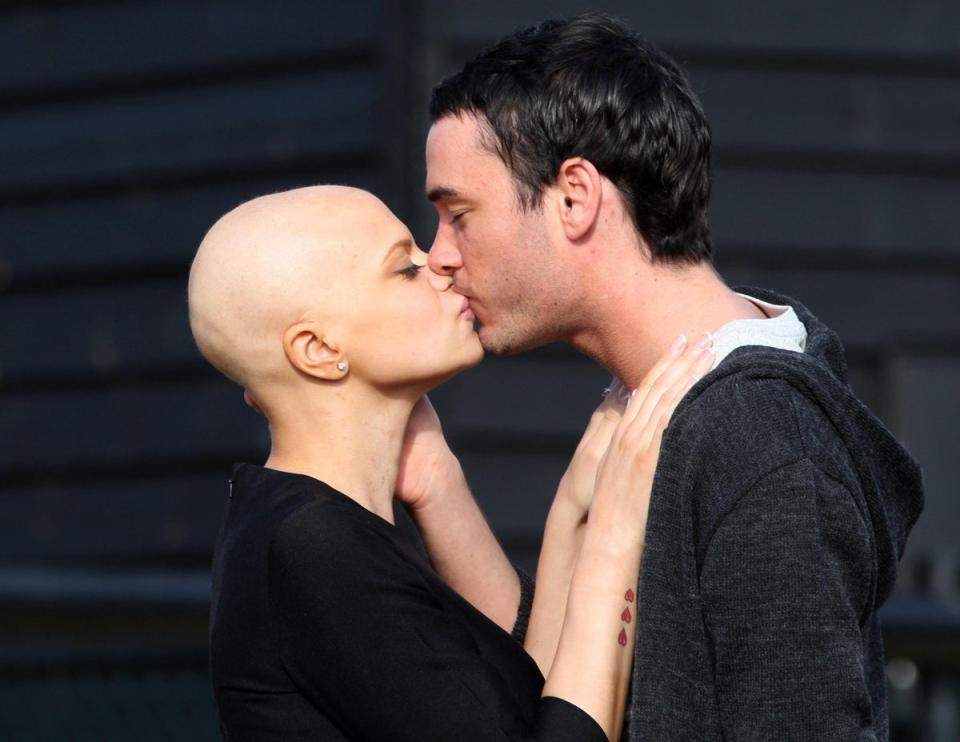
That desire to relate felt new in 2009. Today, it’s what makes the social media world go round. On Instagram and Twitter activists post photographs, treatments, bucket lists, crowdfunding links - whatever you’re seeking, you shall find it. Kris Hallenga founded the CoppaFeel! charity after her breast cancer diagnosis aged 23; journalist and breast cancer survivor Rosamund Dean recently launched her Well Well Well health and wellness newsletter; and breast cancer specialist Liz O’Riordan - who was diagnosed with breast cancer herself - runs an award-winning blog.
Lauren Mahon, 37, co-host of the ‘You, Me and The Big C’ podcast with Deborah James and the late Rachael Bland, who died from breast cancer in 2018, agrees that social media has been revolutionary for cancer activism. After being diagnosed with breast cancer in 2016, she used it to share her experiences using relatable language (the website for her charity GIRLvsCANCER currently reads: ‘f*** cancer’).
“I really struggled to find women like me,” Lauren says. “I was given leaflets and I started searching online - but all the forums I had been recommended were maudlin and depressing. So I started talking about my cancer on social media and people came to me. When Deb, Rachael and I started talking, five or six years ago, it was the start of this amazing community shining a light on what it actually is like to have cancer. We don’t have to have people tilt their heads and feel sorry for us. They can see us living.”
There can be little doubt that such activism has a real world impact. Lauren’s ‘tit tees’ t-shirts have raised £60,000 for charity and on the back of James’s tireless campaigning, M&S and Andrex are planning to add a bowel cancer symptom checklist to their loo roll packaging. According to Bowel Cancer UK, traffic to their website has never been higher than in recent weeks, “with tens of thousands more people seeking information about the disease. There was also a spike in people affected by bowel cancer posting on our forum,” says chief executive Genevieve Edwards.
Yet Della Ogunleye, 60 from Wimbledon tells me that while many activists are focused on changing the conversation, within her community the challenge is starting it. When she was diagnosed with breast cancer in 2010, she thought that her doctor had made a mistake. “We don’t do cancer, it’s only white people,” she recalls thinking. “When you picked up leaflets, it was just white people. The only person I knew that had cancer was Kylie Minogue. You think, ‘Oh, it doesn’t happen to us’. So by the time we present, it’s late.
“I took it upon myself to put things out on my Instagram and Twitter, educating people. Then in 2019, I was diagnosed with ovarian cancer. In the community it was like ‘Oh, my God, she’s talking too much about it, that’s why it came back’,” she says. “Some still tell me off: ‘don’t expose yourself.’ There are people who don’t know what cancer is.”
Lauren Mahon agrees that activism has a vital role in raising up invisible communities and problems. “It has shone light on issues that people have no idea about - that it costs around £800 pounds a month, according to Macmillan, to have cancer. That you get statutory sick pay, which in London does not cover rent,” she says. “We’ve also got a lot better at talking about our bums, our boobs, our blood - what we’ve been able to do on social media is change the narrative from ‘cancer is going to kill you’ to ‘you are right to go to your doctor, keep going till you’re satisfied’. How powerful is that?”
But Athena Lamnisos points to a more difficult side. “There’s lots of social media channels with very big followings that speak to the heart, but they don’t necessarily speak to expertise,” she explains. “There’s a lot of snake oil out there. A lot of ‘I cured my cancer by avoiding chemo and drinking lemon juice every day’. One of the other things that I’m very uncomfortable with is people crowdfunding for experimental treatments, which wouldn’t have happened 10 years ago.”
There are also those for whom shouting about your cancer online is uncomfortable. One woman who didn’t want to be named, told me that while she looks on in admiration at fellow sufferers like Deborah James “there’s an underlying pressure to perform your way out and constantly compare yourself to the achievement of others.”
“It’s almost toxic positivity,” adds Lasminos. “It can be quite difficult seeing stories that are all ‘you can do it’. There are tough cancer journeys out there and it can be really hard to feel positive. But, undoubtedly, you can really see the love and strength on social media.”
Last month, new NHS figures showed that a record-breaking 2.7m people had been referred for cancer checks in the past year, after a dip during the pandemic. It means that activism could be more important than ever.
Deborah James aka the Bowel Babe

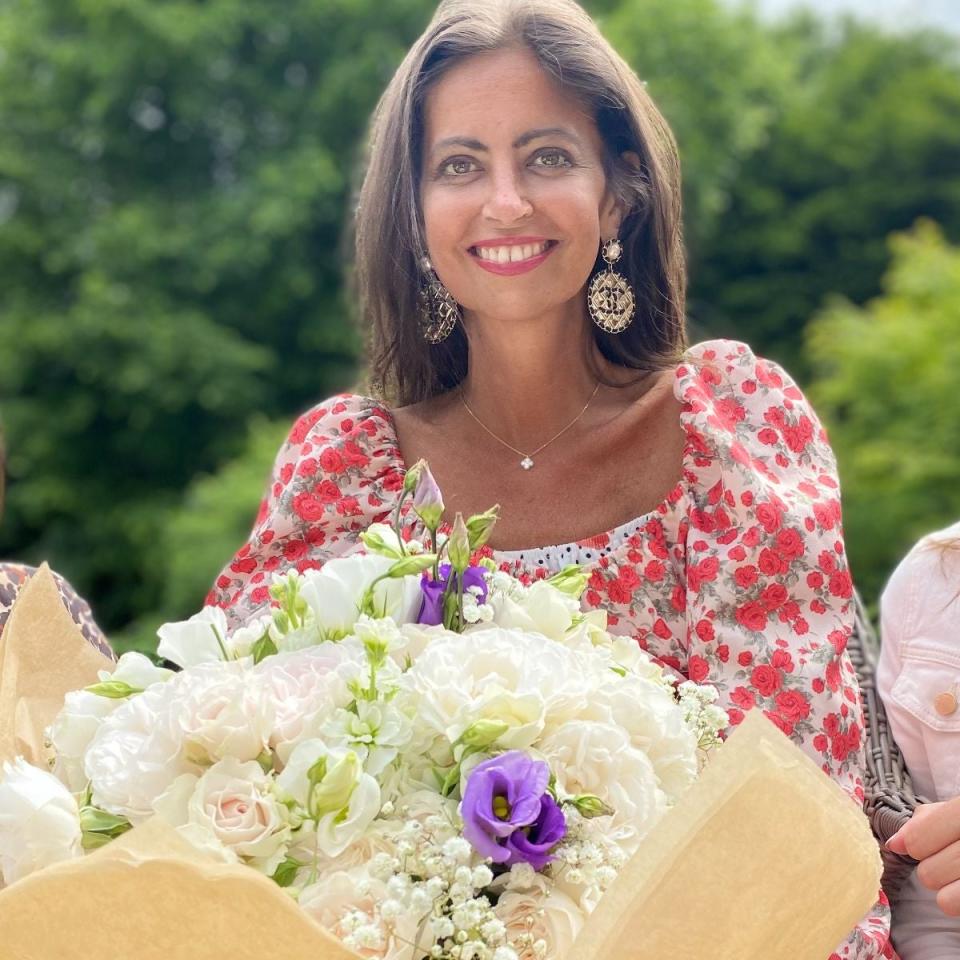
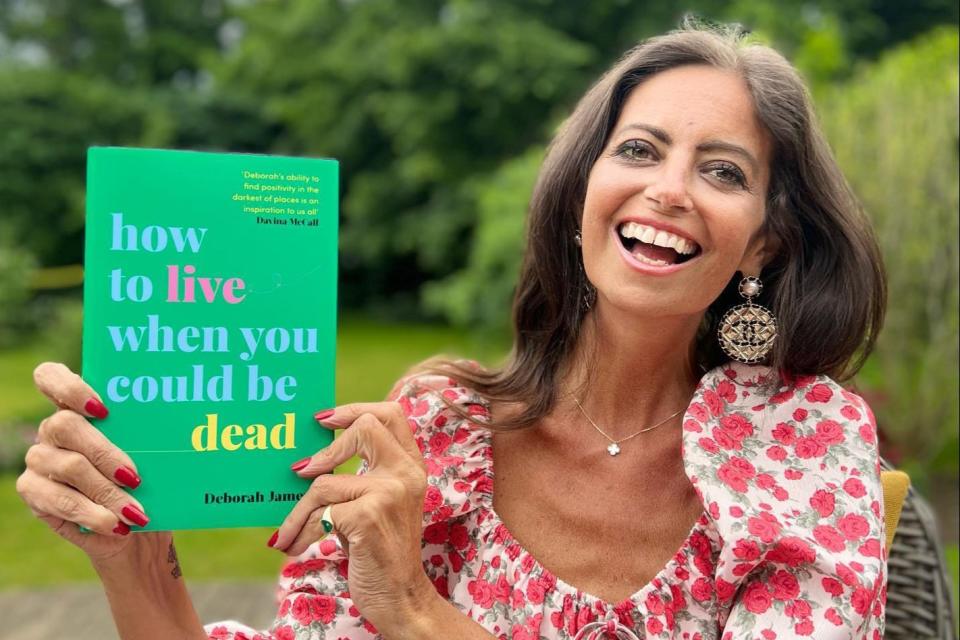
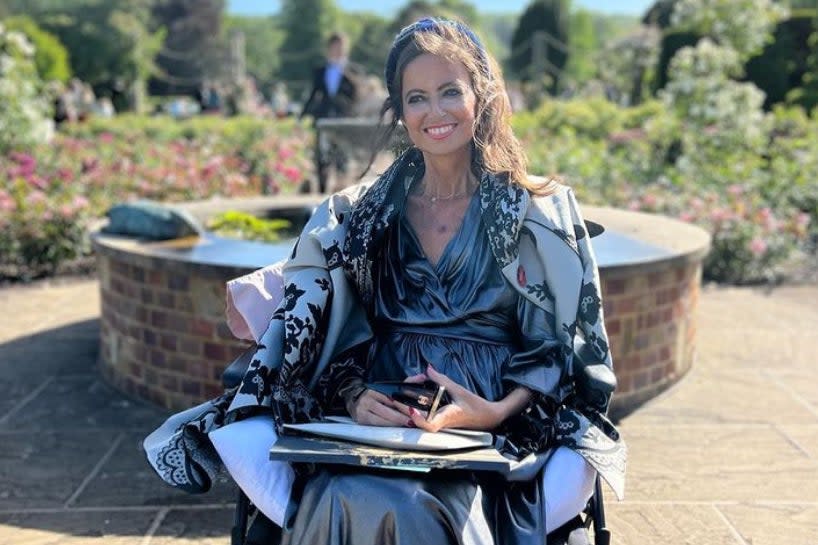
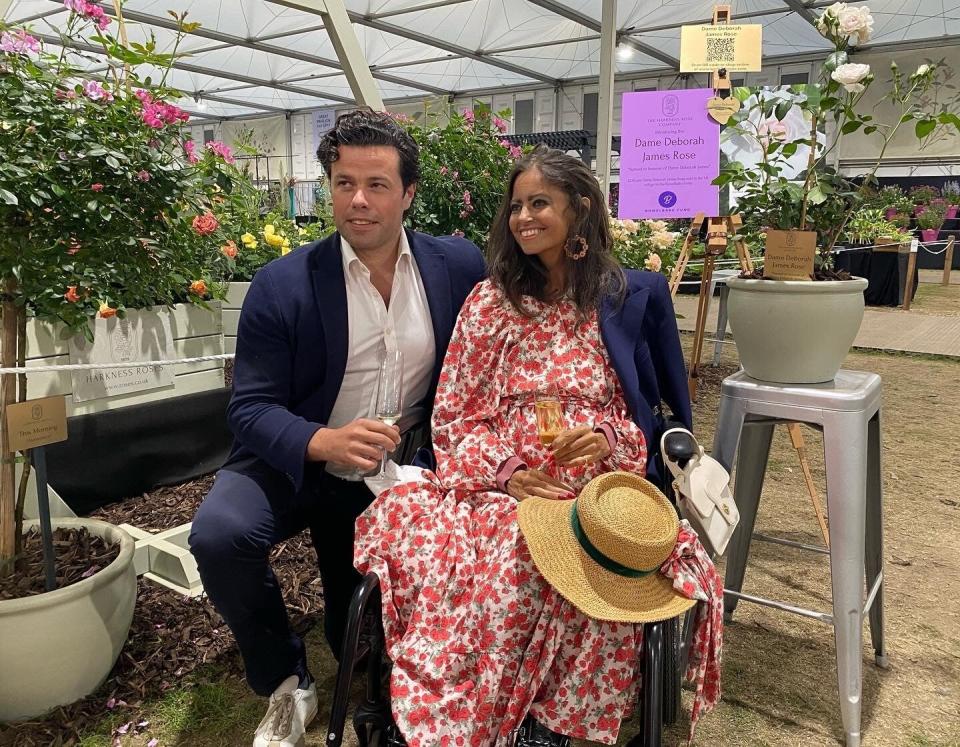






Lasminos wonders whether there might now be more “sustainable” money-raising pushes by activists looking at James’s efforts. “It’s fantastic that she hasn’t done that typical thing of setting up her own charity, she’s just set up a fund that’s going to current charities - so she won’t dissipate any money in administration costs,” she explains.
Mahon says the future lies in systemic change. “We’re finding most of the people like me, diagnosed with stage four cancer, were sent away multiple times, or symptoms were missed,” she explains. “So we need policy change. That’s where I see my future; to take it to the government bodies and medical bodies and actually make things happen,” she says.
“It’s also about passing the mic. I am not the poster girl for cancer. I’ve had one experience. It’s really important that we share the stories of those who have gone through other things, so they can walk behind us and become activists themselves.”

 Yahoo Sport
Yahoo Sport 





































